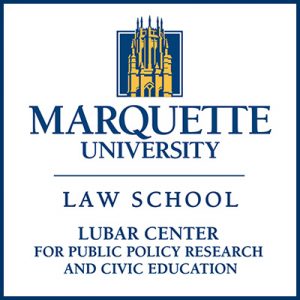Scholars advocate groundbreaking use of technology in Wisconsin redistricting cases
 This blog post continues the focus of the Law School’s Lubar Center on redistricting.
This blog post continues the focus of the Law School’s Lubar Center on redistricting.
Wisconsin could be one of the first states in the nation to draw legislative and congressional maps with powerful computer technology originally developed to expose gerrymandering, under an approach being advocated in state and federal courts.
Two overlapping groups of number-crunchers, mostly professors from the University of Wisconsin-Madison and Marquette University, are urging judges to let them use the technology to create districts that would improve representation for people of color.
One group, calling itself the Citizen Mathematicians and Scientists, has been admitted as intervenors in the redistricting case before the Wisconsin Supreme Court. The other group, dubbed the Citizen Data Scientists, has been denied intervenor status in related litigation before a three-judge federal panel, but will be allowed to file friend-of-the-court briefs in that case.
In both cases, the groups’ members represent themselves as nonpartisan researchers. But two of them, and several of their attorneys, have previous ties to Democratic and progressive interests in high-profile litigation around redistricting and other political disputes.
The technology that they are advocating uses high-speed computers to create an “ensemble” of hundreds or even thousands of possible maps for comparative analysis. Its evolutionary path starts with former U.S. Supreme Court Justice Anthony Kennedy and winds through Wisconsin.
